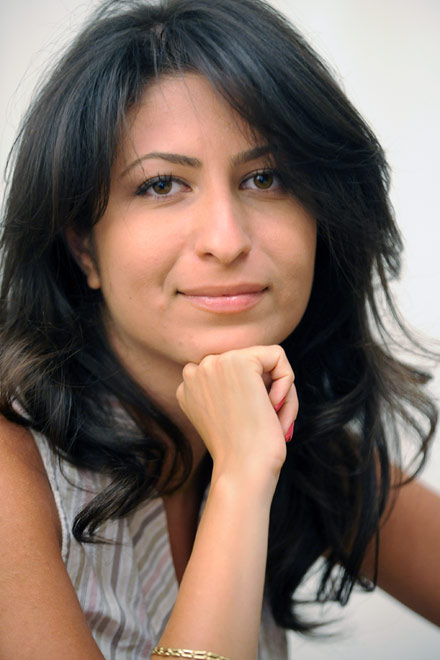Trend European Desk commentator Elmira Tariverdiyeva
The South Caucasus awaits the visit of French President Nicolas Sarkozy with aspirations and hopes. But time will show whether his two-day visit to the three countries in the region will be significant.
First, of course, Sarkozy, as leader of one of European countries, must once again make sure that Azerbaijan is ready and willing to supply its gas to Europe.
The Old World has great hopes for Caspian energy resources.
The EU has recently given a mandate to negotiate an agreement on the construction of the Trans-Caspian pipeline system between the EU, Azerbaijan and Turkmenistan, the European Commission said on Monday.
The EU, that is, all 27 countries of the Union, propose the agreement to support infrastructure projects with the full consensus for the first time.
Moreover, the French president really has an impact on all countries of the region in the context of diplomatic activity.
France is one of the co-chairing countries of the OSCE Minsk Group for Azerbaijan and Armenia in a format designed to help to resolve the long-running territorial dispute between the two countries. Sarkozy is the leader who has made statements together with the Russian and U.S. Presidents, urging the parties to come to the peace.
Of course, Paris is an important negotiator in the settlement of the Nagorno-Karabakh conflict. However, in fact, Paris is unlikely to do something more than it does now. Sarkozy has problems that require immediate solutions or solutions in the short term prospect.
Russian President Dmitry Medvedev will unlikely to transfer the leading mediator's responsibilities in the negotiations between Armenia and Azerbaijan to Sarkozy. In fact, today both countries are preparing for the presidential elections. Sarkozy will have to make some efforts during the pre-election campaign.
Last year was difficult for the French president. The financial crisis has forced the authorities to take unpopular steps over the last two years. These steps affected their rating. However, the measures to maintain macroeconomic stability, which provoked a storm of protest in the country, did not bring expected results. The unemployment rate increases. The population's incomes fall. Moreover, France's participation in military operations in Libya, initiated by Sarkozy, was not unequivocally supported by the population.
Proceeding from the difficult situation in the country, President Sarkozy's policy and the remaining time before the elections, will exclusively focus on the domestic political problems.
Resolving the problem with assistance to the elderly people, i.e, pension reform, reform of property tax and reform of the justice system are among them.
As for Georgia, one can not expect anything more definite than the unconditional support of democratic reforms and integration into the EU and NATO. Of course, it may happen in the long-term-prospect.
After France's role as an international player intensified in 2008, when President Sarkozy personally acted as a negotiator between Moscow and Tbilisi, the situation changed. France does not make extra efforts to resolve the conflict between Russia and Georgia. Moreover, the issue of the Armenians from the Armenian-populated region of Georgia Samtskhe-Javakheti can spoil the sensation of Sarkozy's visit to Georgia. Before the elections, taking into account the strongest Armenian lobby in France, it will be difficult for Sarkozy not to respond to the complaints of the Georgian Armenians.
Taking this all into account, one can try to predict the results of the visit. Besides the energy issues, disturbing France, as a part of Europe, Sarkozy's visit to the region is not more than the next regional visit.






